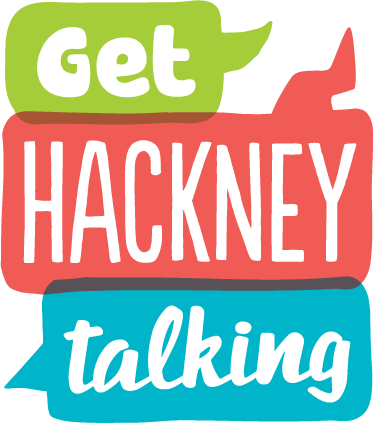What is DLD?
DLD stands for Developmental Language Disorder. Having DLD means that you have significant, on-going difficulties understanding and/ or using spoken language, in all the languages you use.
- There is no single known cause of DLD which can make it hard to explain. DLD is not caused by emotional difficulties or limited exposure to language.
- A young person with DLD may also have other difficulties, such as, Attention Deficit and Hyperactivity Disorder (ADHD), Dyslexia and/ or speech sound difficulties.
- DLD is not caused by other medical conditions, such as, hearing loss, physical impairment, Autism, severe learning difficulties or brain injuries. However, these children and young people with these difficulties may also have a Language Disorder.
What signs may an adolescent with DLD present with?
- Difficulty understanding instructions and information
- Limited vocabulary or difficulties finding words
- Difficulty understanding puns, idioms, jokes, sarcasm and slang
- Difficulty thinking flexibly
- Difficulty remembering what has been said
- Difficulty paying attention in class
- Difficulty learning to read and de-code texts.
- Difficulty making friends and maintaining friendships
- Difficulty understanding and managing emotions
- Difficulty telling narratives (e.g. saying what they did during the day or what happened at break time)
Remember: Language difficulties may also underlie behavioral difficulties such as low self-esteem, anxiety or misbehaving in class.
DLD can look different in different individuals and their specific skills may change with time.
How will this affect students?
- DLD is a long term condition that can have a big impact on a young person’s learning and achievement at school.
- Young people with DLD are at risk of underachieving academically. They may need extra help throughout schooling.
- Young people with DLD are at risk of behavioural difficulties (e.g. difficulty dealing with conflict, regulating own emotions)
- Sometimes DLD can affect young people’s social interaction skills and their ability to make and keep friends. This may also affect employment opportunities and mental health for these young people.
- Young people with DLD usually learn and understand better through visual and/or practical methods, rather than verbal methods. For example, they may understand a story better if they watched it being acted out, or learnt through multi-sensory experience, rather listening to it being or reading it.
- Young people with DLD may have strengths in more practical subjects such as Physical Education, Design & Technology and Art.
How can you support your students with DLD?
- Get their attention – say their name before asking questions or giving instruction so they know they have to listen
- Use visuals – teach with visual cues, such as actions, pictures and interactive role-play. This will help them understand and remember information
- Use simple sentences and short instructions – keeping the information short and simple will help the student understand it and remember it
- Check they have understood instructions or new information. Agree a strategy for them to use if they have not understood.
- Give them time – the student may need more time to think, find their words and express themselves.
- Praise their effort and acknowledge what they have to said to support their confidence in speaking.
- Encourage the student to communicate with you however they can, accept gesture, pointing, facial expression.
Speech and Language Therapy Service in Hackney
Young people with DLD in Hackney may be able to access extra support from Speech and Language Therapists and Specialist Teachers.
Who to contact
If you have any concern, please get in touch with the school’s SENCO or contact our service directly.


